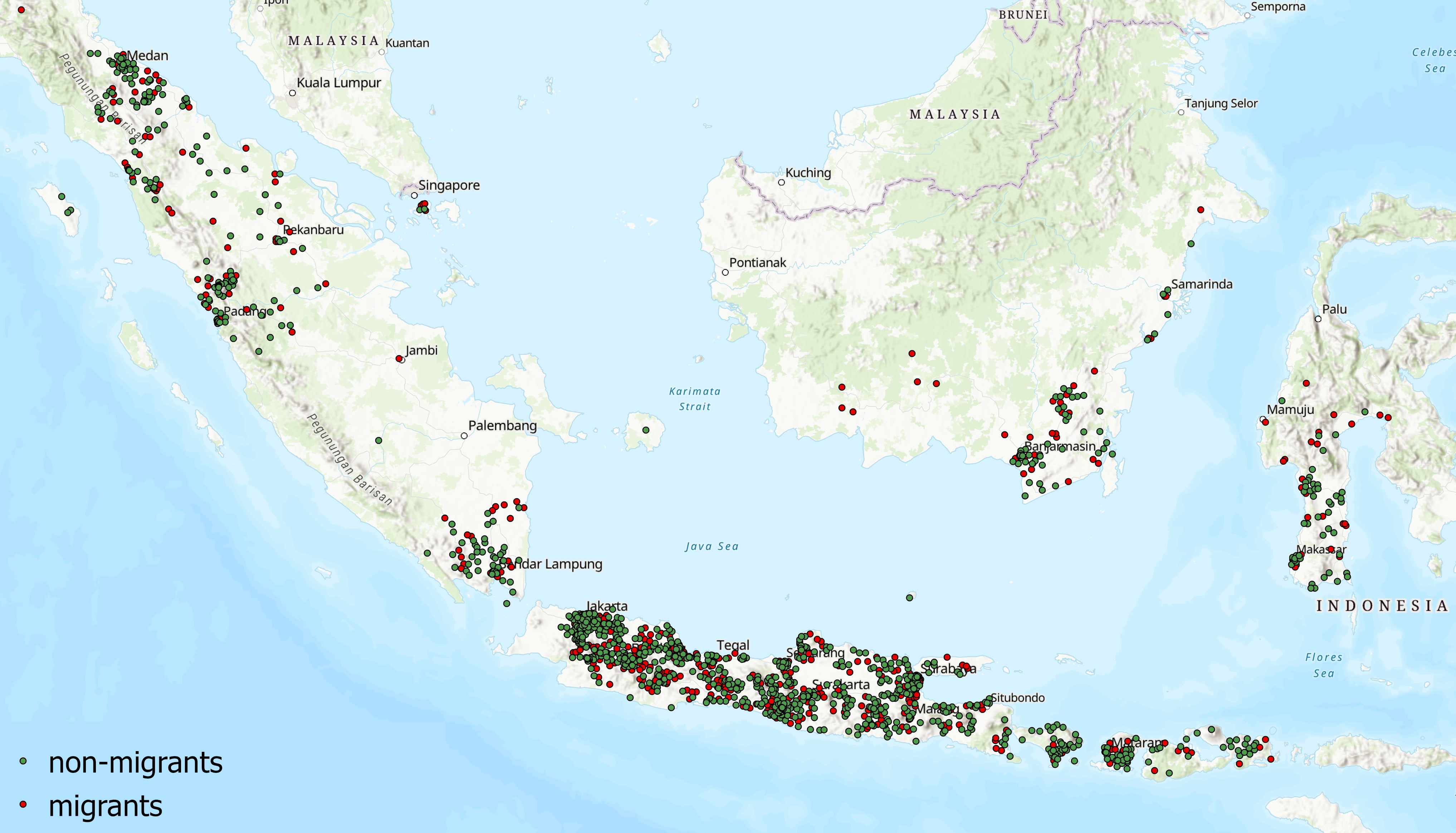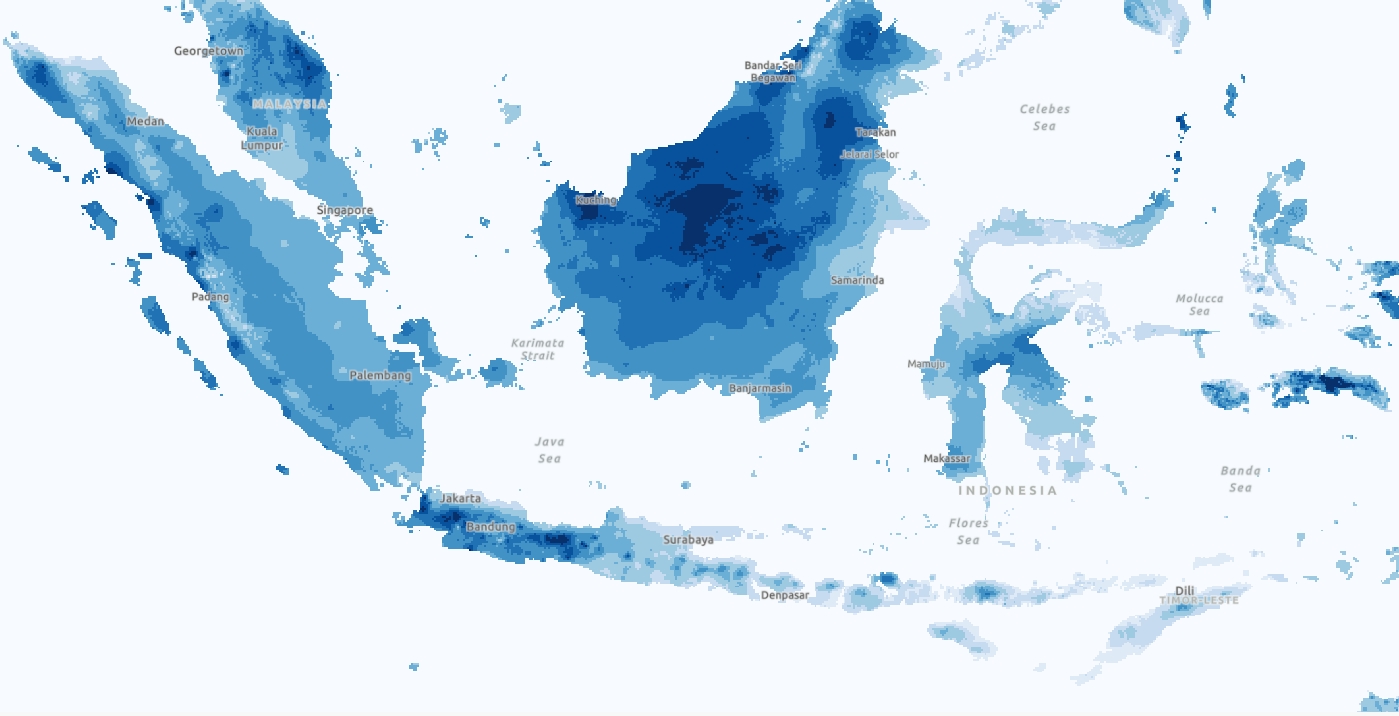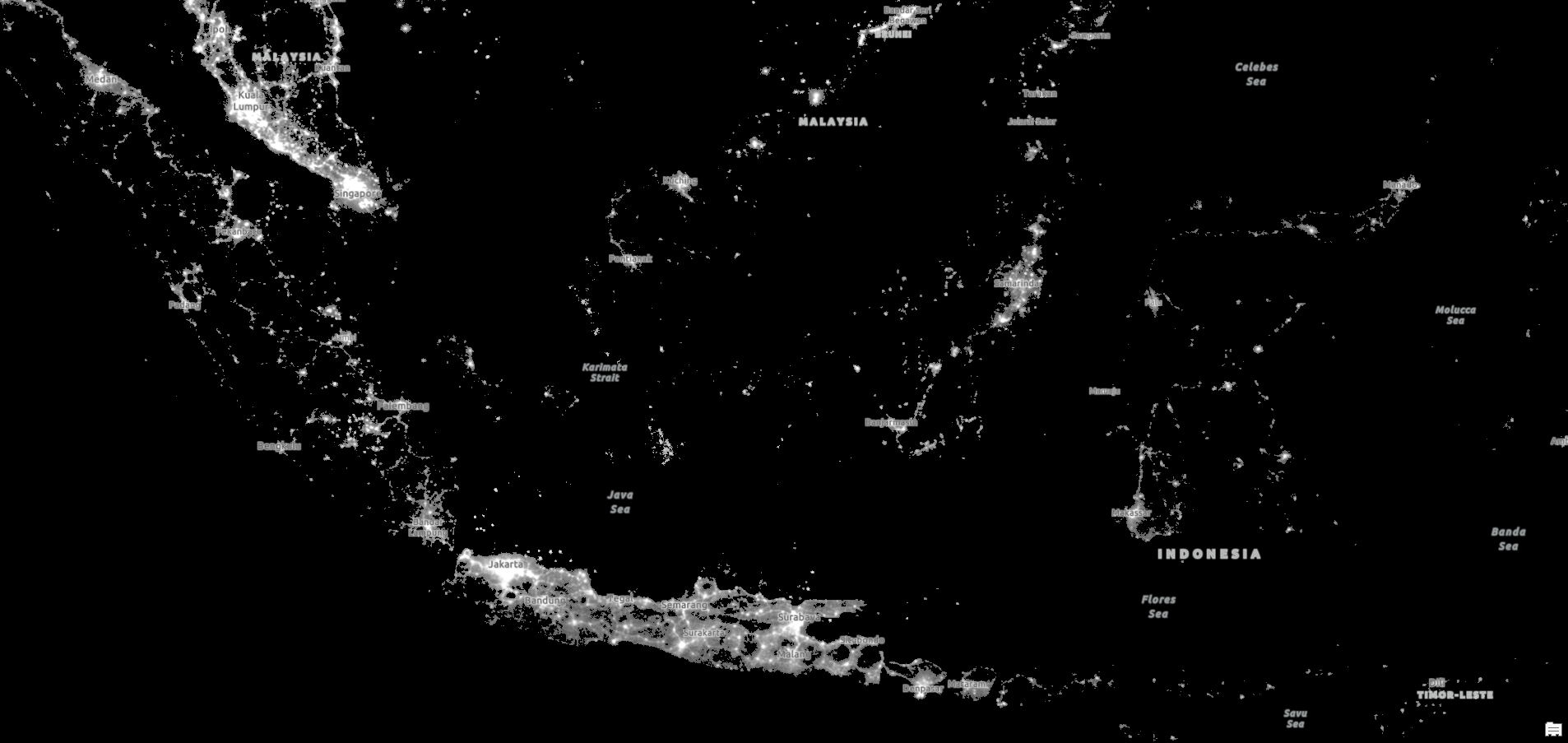
Ruyi Shi
Higher Degree by Research Candidate
School of Economics and Public Policy
Faculty of Arts, Business, Law and Economics
I'm currently pursuing my Ph.D. at the University of Adelaide, under the guidance of Dr. Nadezhda Baryshnikova and Associate Professor Stephane Mahuteau. My primary research interests are development economics and health economics.
"Internal migration and formal employment: evidence from Indonesia"
This paper examines the causal impact of internal migration on formal employment in Indonesia using longitudinal household survey data from the Indonesia Family Life Survey (IFLS). We use rainfall as the instrumental variable for migration to address the endogeneity bias led by reverse causality. Our empirical results show that, in general, internal migration is expected to increase the chance of having a formal job by approximately 16 percentage points. This impact is heterogeneous across gender and levels of education. The magnitude of this impact rises to around 25 percentage points for males but drops to only 7 percentage points for females. We also find migration only has a significant impact on individuals with senior high school education or higher, with the estimated impact being roughly 20 percentage points.
Following are some interesting graphs/satellite data used in this paper:



Household locations Rainfall data Nighttime lights data
"Adult children’s education and parents’ mental health in China: a quantile approach"
This study examines the heterogeneous effect of adult children's education on elderly parents' mental health in China. We use children's exposure to the compulsory schooling law as an instrument to address the endogeneity bias of education. Our instrumental variable quantile estimation results reveal that the effect of children's education is heterogeneous across the distribution of parental mental health. Specifically, children's education has no effect on parents with mild to moderate mental health issues (below 0.7 quantile) but has a positive and significant impact on those with severe issues (0.7 quantile and above). The education level of the most educated child has a more substantial impact compared to the least educated child. Moreover, the education of the first child appears to matter more when parents are less depressed, whereas the education of the second child becomes more significant when parents are more depressed (0.7 quantile and above). Our split-sample analysis indicates that a son's education has a greater positive impact on parental mental health than a daughter's. We also find the positive effect is greater for parents living in rural regions compared to urban regions.
"Birth order effect and old-age support: new evidence from China"
Work in progress......
-
Appointments
Date Position Institution name 2022 - ongoing Tutor University of Adelaide 2020 - 2021 Tutor University of Sydney -
Language Competencies
Language Competency Chinese (Mandarin) Can read, write, speak, understand spoken and peer review English Can read, write, speak, understand spoken and peer review -
Education
Date Institution name Country Title 2019 - 2021 University of Sydney Australia Master of Economic Analysis -
Research Interests
Tutor:
ECON 1005 - Introduction of Mathematical Economics (2022S1, 2023S1)
ECON 1008 - Data Analytics I (2023S2, 2024S1, 2024S2)
ECON 1010 - Mathematical Economics (2022S2)
ECON 2515 - Intermediate Applied Econometrics II (2022S1)
Connect With Me
External Profiles


